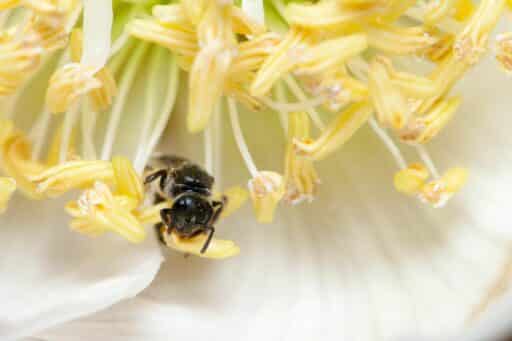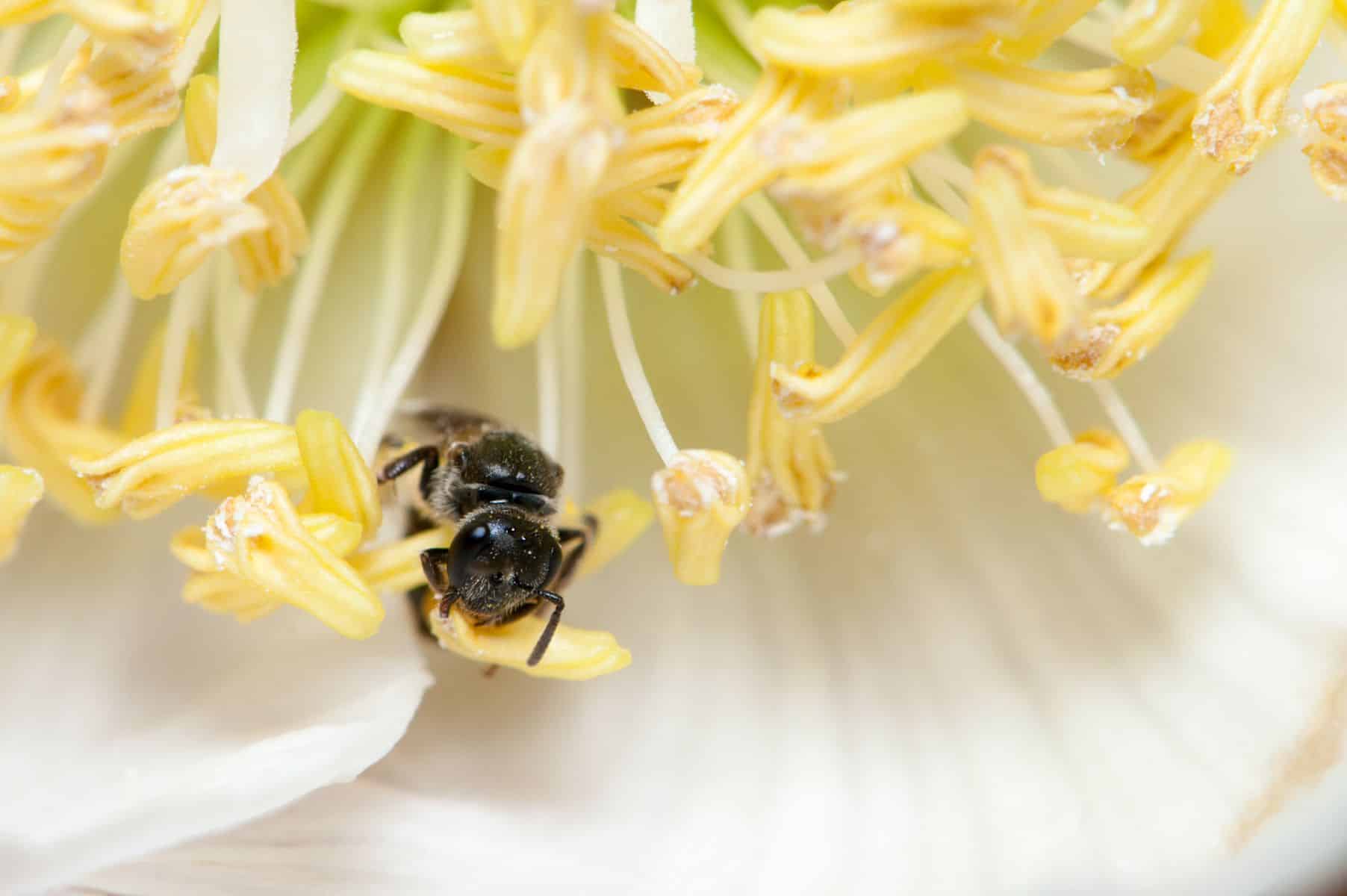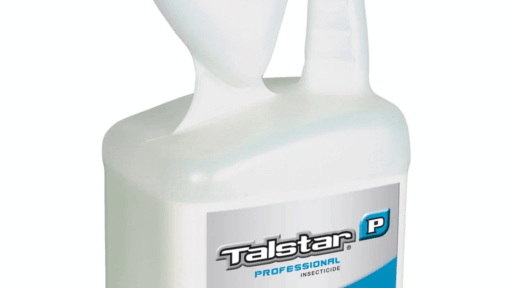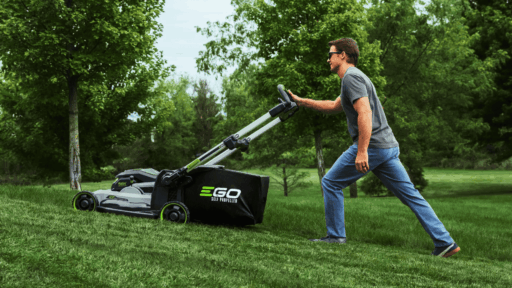Pollinators like bees, butterflies, hummingbirds, bats, and other small animals—are vital to global food production. They play a crucial role in reproducing over 75% of flowering plants and approximately 35% of the world’s food crops. Without their tireless work, many of the fruits, vegetables, and nuts we enjoy daily would become scarce or disappear altogether.
The Critical Role of Pollinators in Agriculture
Pollinators facilitate the transfer of pollen between flowers, enabling plants to produce seeds and fruit. This process is essential for cultivating various crops, including apples, almonds, blueberries, and cucumbers. In the United States alone, pollination services contribute an estimated $20–30 billion annually to agricultural production.
Beyond their economic value, pollinators are integral to ecosystem health. They support biodiversity by helping plants reproduce and providing food and habitats for other wildlife.
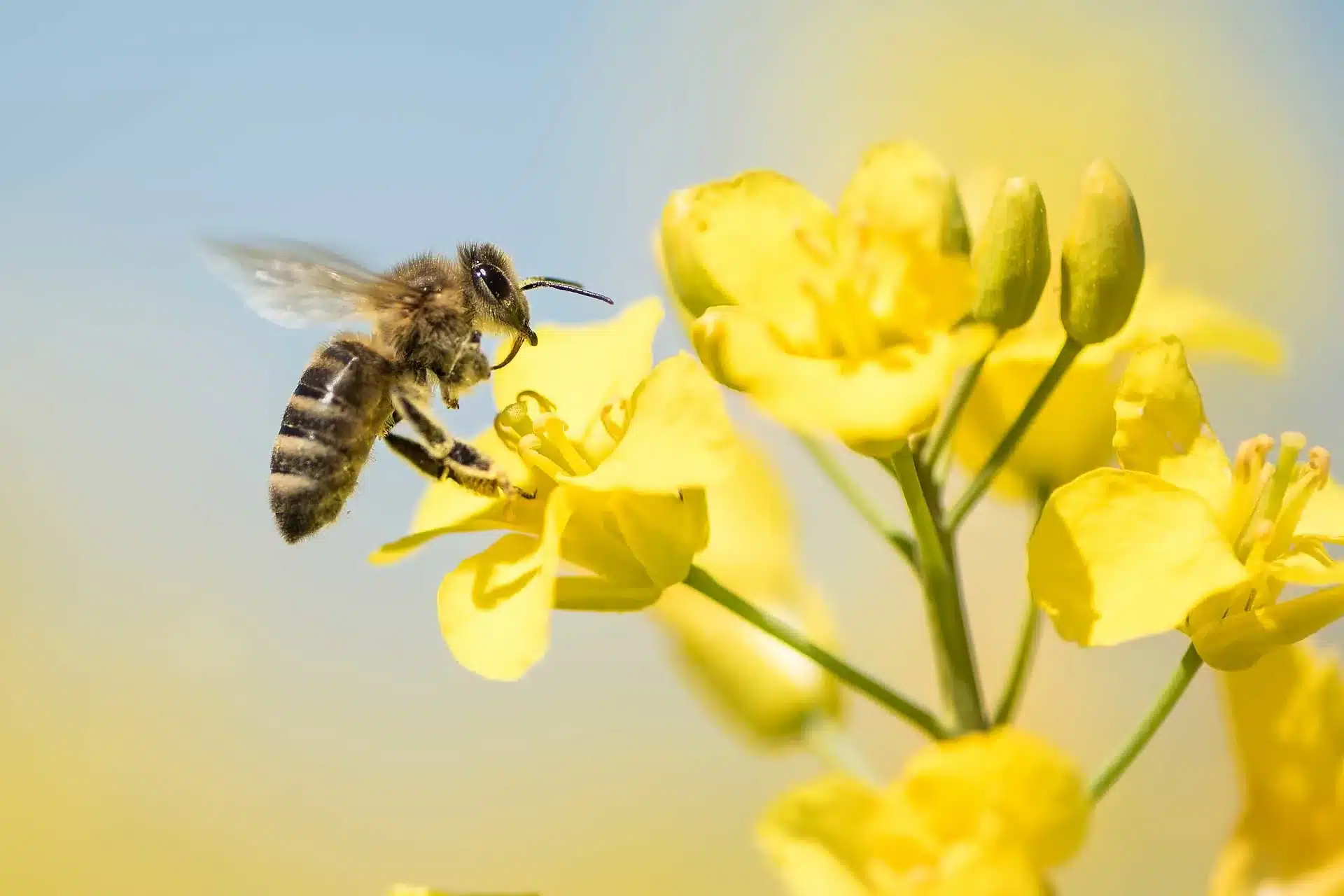
The Decline of Pollinator Populations
Despite their importance, pollinator populations are declining due to habitat loss, pesticide use, disease, and climate change. This decline poses a significant threat to global food security and biodiversity.
For instance, the phenomenon known as Colony Collapse Disorder has led to substantial losses in honeybee colonies, raising concerns about the sustainability of pollination services.
Supporting Pollinators Through Gardening
One effective way to support pollinator populations is to cultivate pollinator-friendly plants in our gardens. These plants provide essential nectar and pollen sources, creating habitats that sustain pollinators throughout their life cycles.
TN Nursery offers a variety of pollinator plants that can help you create a thriving pollinator habitat:
- Milkweed Plant: A favorite of monarch butterflies, milkweed provides critical breeding habitat and nectar sources.
- Purple Coneflower: Known for attracting bees and butterflies, this native perennial adds vibrant color to any garden.
- Trumpet Vine: With its tubular flowers, the trumpet vine is beautiful to hummingbirds and provides excellent coverage for trellises and fences.
By incorporating these plants into your garden, you will enhance its beauty and contribute to the conservation of essential pollinator species.
Conclusion
Pollinators are indispensable to our food systems and natural ecosystems. Their decline is a pressing issue that requires immediate attention and action. By understanding their role and taking steps to support their population such as planting pollinator-friendly gardens—we can help ensure our food supply’s continued abundance and diversity.

